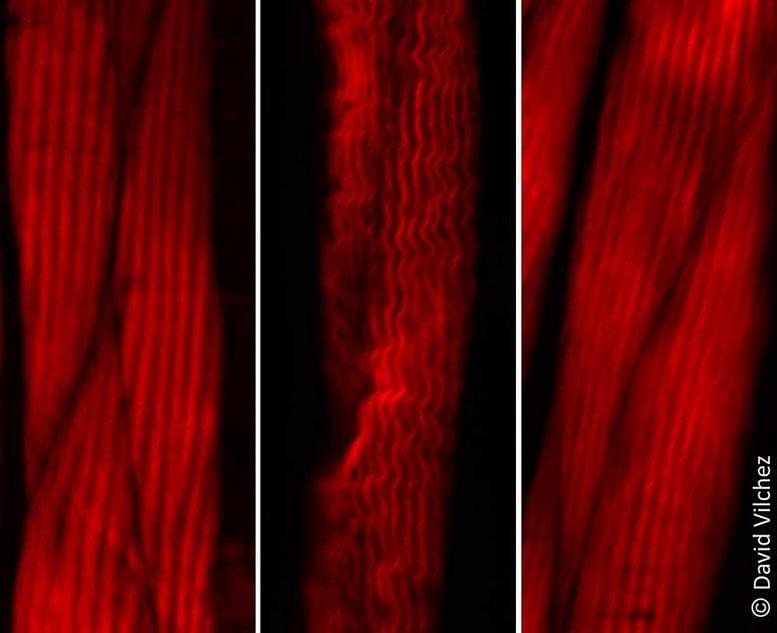The attachment of the small protein ubiquitin to other proteins (ubiquitination) regulates numerous biological processes, including signal transduction and metabolism / Scientists at the University of Cologne discover the link to aging and longevity.
Scientists have discovered that the protein ubiquitin plays an important role in the regulation of the aging process. Ubiquitin was previously known to control numerous processes, such as signal transduction and metabolism. Prof. Dr. David Vilchez and his colleagues at the CECAD Cluster of Excellence for Aging Research at the University of Cologne performed a comprehensive quantitative analysis of ubiquitin signatures during aging in the model organism Caenorhabditis elegans, a nematode worm which is broadly used for aging research.
This method — called ubiquitin proteomics — measures all changes in ubiquitination of proteins in the cell. The resulting data provide site-specific information and define quantitative changes in ubiquitin changes across all proteins in a cell during aging. A comparison with the total protein content of a cell (proteome) showed which changes have functional consequences in protein turnover and actual protein content during aging. The scientists thus discovered new regulators of lifespan and provide a comprehensive data set that helps to understand aging and longevity. The article, ‘Rewiring of the ubiquitinated proteome determines aging in C. elegans,‘has now been published in Nature.
